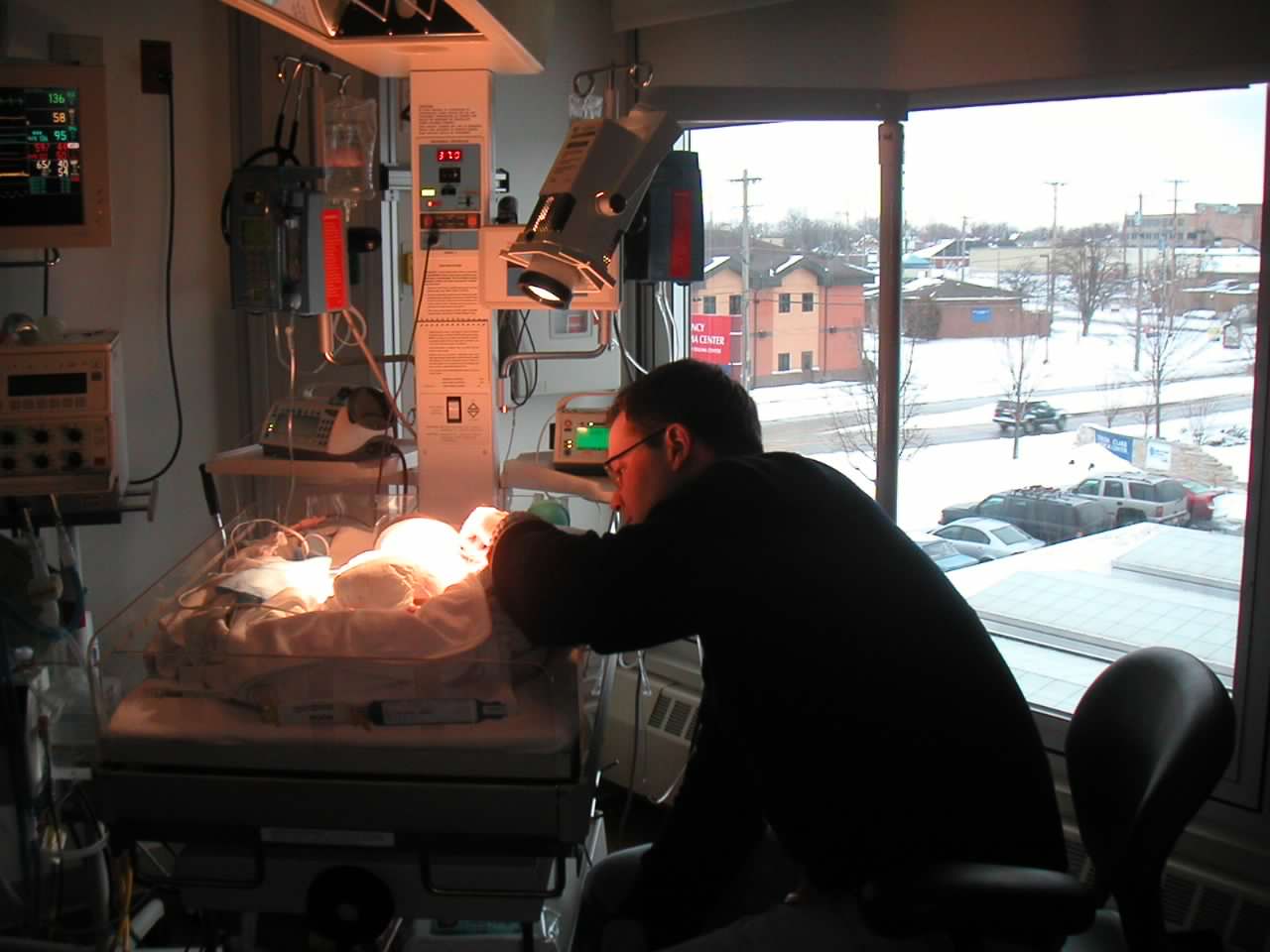Dalvery Blackwell says she worked for “the most family-friendly organization in Milwaukee County” as a young mother.
That atmosphere enticed her to stay for a decade at the Black Health Coalition of Wisconsin. The nonprofit, which seeks to boost the health of Black Wisconsinites, showed Blackwell how working parents thrive when given support like flexible hours and child care accommodations.
Blackwell now tries to replicate that culture at the Milwaukee-based African American Breastfeeding Network, or AABN, where she serves as executive director after co-founding the organization in 2008. She lets her peer counselors and lactation consultants set their schedules and bring children to work, offering child care during network events.
News with a little more humanity
WPR’s “Wisconsin Today” newsletter keeps you connected to the state you love without feeling overwhelmed. No paywall. No agenda. No corporate filter.
The approach squares with AABN’s mission of improving the health of mothers of color and their children — by providing prenatal classes, breastfeeding support, doulas and other resources.
As a small organization that relies on part-time contractors, Blackwell can’t offer paid leave, a benefit seen as crucial for keeping new parents in the workforce amid child care challenges. She hopes that the on-site accommodations limit parenting stresses and make her team feel supported.
“If you support working women and create a family-friendly environment, you’re going to have an employee who’s happy, who comes to work, who’s very productive, who’s enjoyable to work with — even if she took every Friday off to pick up her child from school,” Blackwell said.
Khola Cooksey is one of those moms. The peer counselor splits her time between AABN and Milwaukee’s Women, Infants, and Children program.
A mother of two, Cooksey returned to both workplaces about two months after giving birth to her second daughter last September, eased by the flexible schedule. She said the experience gives her perspective as she guides similarly positioned mothers — those trying to juggle work while caring for a newborn.
That includes helping mothers advocate for themselves at work, whether they need to stay home with a sick child or press for a clean, private space to pump breastmilk — support Cooksey has at both of her workplaces.
“I’m breastfeeding. So it actually just kind of works out, because I can tell moms about my experience while I’m on the phone pumping,” Cooksey said.
Such guidance is especially relevant to the women of color AABN serves. While economic pressures force many parents to return to work sooner than they would prefer after a birth, lower-income parents of color have even less access to paid leave or paid sick and vacation time, according to the U.S. Bureau of Labor and Statistics.
Sometimes unpaid leave isn’t even an option.
While the federal Family and Medical Leave Act guarantees certain workers up to 12 weeks of unpaid leave following events such as a birth, workers of color are less likely to qualify, according to a study by the University of California, Los Angeles’ WORLD Policy Analysis Center. The law exempts companies with fewer than 50 employees and requires workers to have worked a minimum number of hours, disproportionately locking out workers of color, the study found.
Cooksey said she has consulted with more than 100 moms at AABN since July 2020, forging connections that make her and others feel at home.
“When we’re on the Zooms and we’re talking with moms, they’re so happy to be on Zoom with other moms. They’re not afraid to ask stupid questions,” she said. “We just talk to them like our own sisters.”
For more information, contact the African American Breastfeeding Network at 414-617-3441 or click here to view and register for its services.
This story was edited by Wisconsin Watch Deputy Managing Editor Jim Malewitz. The nonprofit Wisconsin Watch (wisconsinwatch.org) collaborates with WPR, PBS Wisconsin, other news media and the University of Wisconsin-Madison School of Journalism and Mass Communication. All works created, published, posted or disseminated by the Center do not necessarily reflect the views or opinions of UW-Madison or any of its affiliates.







